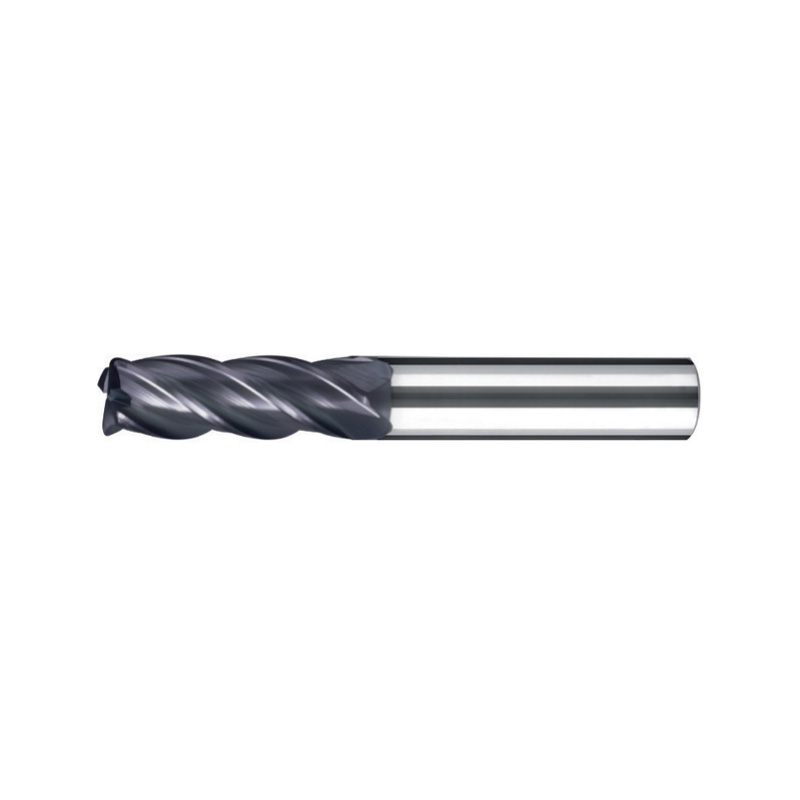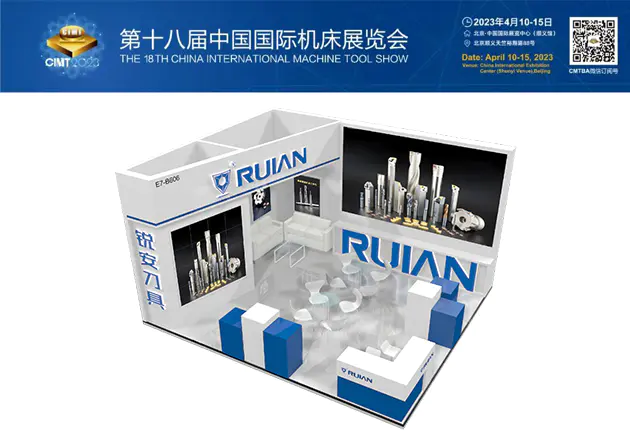RUIAN - An international inserts brand from customers
Home / News / Industry News / The Impact of Solid Carbide Tools on Precision Machining

RUIAN - An international inserts brand from customers
Home / News / Industry News / The Impact of Solid Carbide Tools on Precision Machining
In the realm of modern manufacturing, the quest for precision, efficiency, and durability is ever-growing. Among the cutting tools that have gained prominence in meeting these demands are solid carbide tools. Solid carbide tools are revered for their ability to withstand temperatures, cutting forces, and wear, making them essential for industries where precision is paramount, including aerospace, automotive, medical, and metalworking.
This article explores the significant role that solid carbide tools play in the manufacturing industry, highlighting their advantages, diverse applications, and the ongoing advancements that continue to shape their development.
What Are Solid Carbide Tools?
Solid carbide tools are cutting tools made from solid carbide, a high-performance material known for its hardness, wear resistance, and ability to withstand high cutting temperatures. Unlike traditional high-speed steel (HSS) tools, solid carbide tools are typically made from a mixture of tungsten carbide and cobalt, which gives them exceptional strength and wear resistance.
Solid carbide tools come in various forms, such as end mills, drills, inserts, reamers, and taps, depending on the specific application. They are often coated with materials like titanium nitride (TiN) or aluminum oxide (Al2O3) to further enhance their performance, extending tool life and improving cutting efficiency.

These tools are widely used in applications where high precision and surface finish are required, such as in the aerospace, automotive, and medical device industries, where tolerance is critical.
Advantages of Solid Carbide Tools
Hardness and Wear Resistance
One of the notable benefits of solid carbide tools is their hardness. Tungsten carbide is one of the hardest materials used in manufacturing, with a hardness rating that far exceeds that of steel. This makes solid carbide tools ideal for cutting hard materials, such as high-strength alloys, stainless steel, and titanium, which would rapidly wear down conventional tools.
The wear resistance of solid carbide tools translates into longer tool life, less frequent tool changes, and a reduction in downtime for manufacturers. This increase in tool longevity helps reduce operating costs and increase overall productivity in high-volume production environments.
Improved Cutting Performance
Solid carbide tools excel in high-speed machining due to their thermal conductivity, allowing them to dissipate heat more effectively than HSS tools. This ability to manage heat improves cutting performance by reducing the chances of tool overheating, which can lead to premature wear, surface damage, or tool failure.
In high-speed applications, solid carbide tools can maintain cutting stability even under conditions, making them highly effective in achieving smooth finishes and tight tolerances on complex parts. The enhanced cutting performance of solid carbide tools helps manufacturers achieve faster cycle times, reducing production costs while maintaining the quality of the final product.
Precision and Accuracy
When it comes to precision machining, solid carbide tools are unparalleled. Their ability to maintain a sharp cutting edge for longer periods ensures that the parts produced meet tight tolerances with minimal deviation. This level of accuracy is particularly important in industries like aerospace and medical device manufacturing, where even the slightest variation can have a significant impact on the performance and safety of the final product.
In applications such as drilling small holes, milling intricate features, and cutting complex geometries, solid carbide tools provide consistent, repeatable results. The stability and rigidity of these tools ensure that the workpiece is cut to precise specifications, helping manufacturers meet the demanding requirements of their customers.
Higher Cutting Speeds
Another key advantage of solid carbide tools is their ability to operate at higher cutting speeds. Thanks to their hardness and thermal properties, solid carbide tools can sustain faster feed rates and cutting speeds without compromising on performance. This ability to cut at high speeds reduces machining times, increasing throughput in production processes.
For manufacturers, this means the ability to meet deadlines more efficiently while maintaining a high standard of precision. In industries where speed and efficiency are critical, such as automotive or high-volume metalworking, the use of solid carbide tools can provide a significant competitive edge.
Taizhou City Ruian Cemented Carbides Tool Co., Ltd. is a National-Level High-Tech enterprise engaged in the research and development, production, and sales of CNC cutting tools and a National-Level "Specialized, Fineness, Featured and Innovative'Little Giant'" enterprise.
 +86-576-81651888
+86-576-81651888
Apr 16,2019


 TEL:
+86-576-81651888
TEL:
+86-576-81651888
 FAX:
+86-576-86987998
FAX:
+86-576-86987998
 ADD:
No. 28, Xing'an Road, Chengxi Street, Wenling City, Taizhou City, Zhejiang Province, China
ADD:
No. 28, Xing'an Road, Chengxi Street, Wenling City, Taizhou City, Zhejiang Province, China

